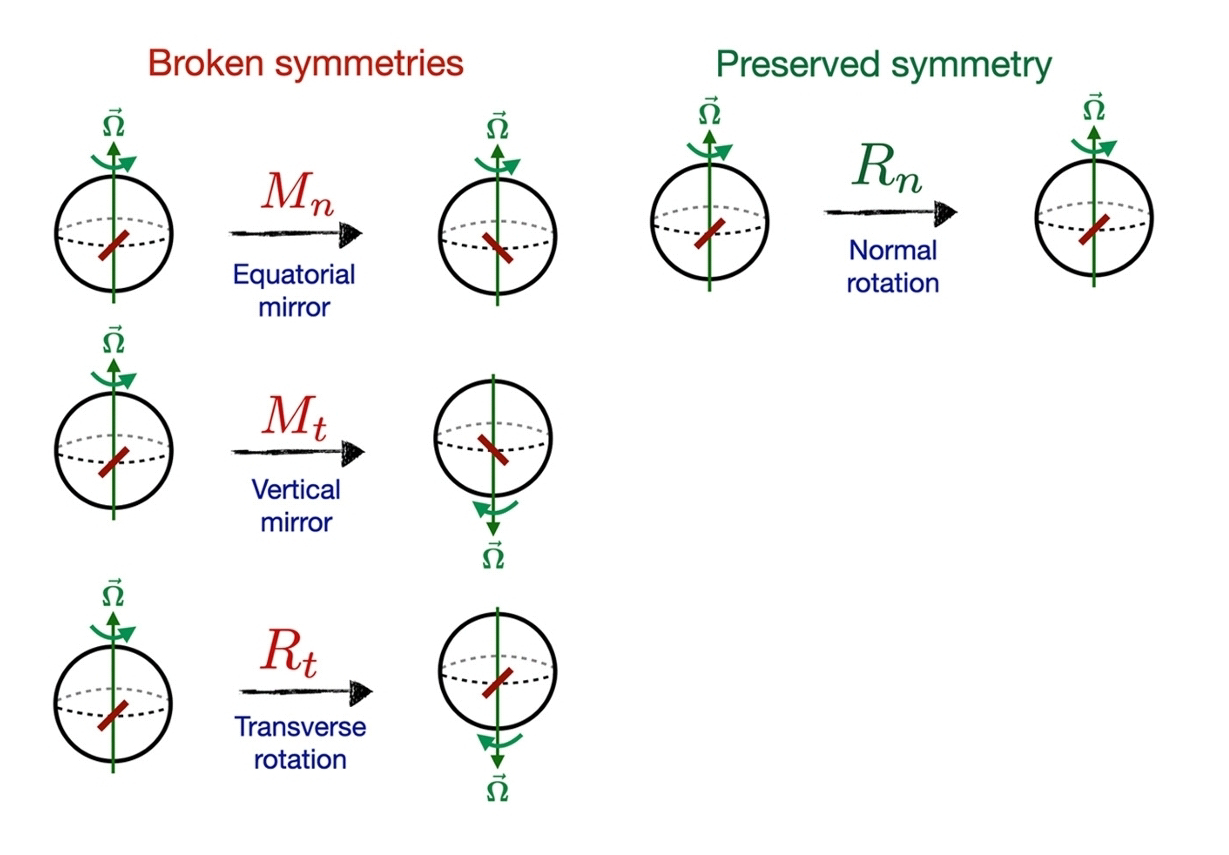Translate
martedì 10 novembre 2020
# brain: the hypothesis that a brain organoid (a lab-grown brain) can reach consciousness.
sabato 13 agosto 2016
# s-brain: growing mini human brains (3D midbrain-like organoids) ...
AA << developed a method to differentiate human pluripotent stem cells into a large multicellular organoid-like structure that contains distinct layers of neuronal cells expressing characteristic markers of human midbrain. >>
AA << detected electrically active and functionally mature mDA (midbrain dopaminergic) neurons and dopamine production in 3D midbrain-like organoids (MLOs). In contrast to human mDA neurons generated using 2D methods or MLOs generated from mouse embryonic stem cells, (AA) human MLOs produced neuromelanin-like granules that were structurally similar to those isolated from human substantia nigra tissues. >>
AA << MLOs bearing features of the human midbrain may provide a tractable in vitro system to study the human midbrain and its related diseases. >>
Junghyun Jo, Yixin Xiao, et al. Midbrain-like Organoids from Human Pluripotent Stem Cells Contain Functional Dopaminergic and Neuromelanin-Producing Neurons. Cell Stem Cell. Volume 19, Issue 2, p248–257, 4 August 2016. DOI: http://dx.doi.org/10.1016/j.stem.2016.07.005
http://www.cell.com/cell-stem-cell/abstract/S1934-5909(16)30200-4
also:
https://www.sciencedaily.com/releases/2016/07/160730154504.htm
http://www.straitstimes.com/singapore/singapore-scientists-grow-mini-brains


